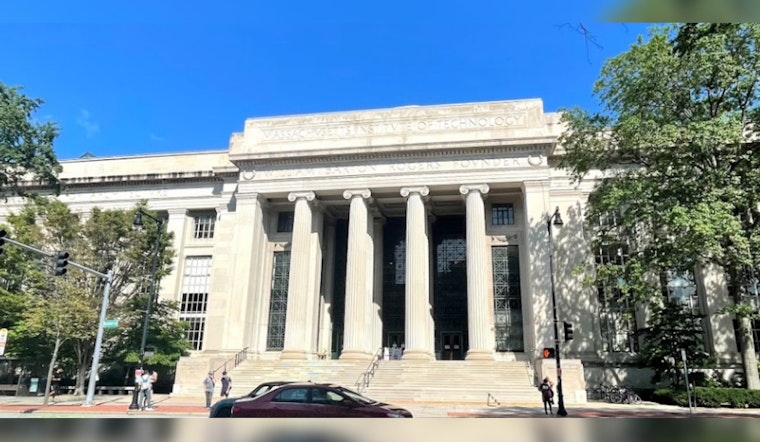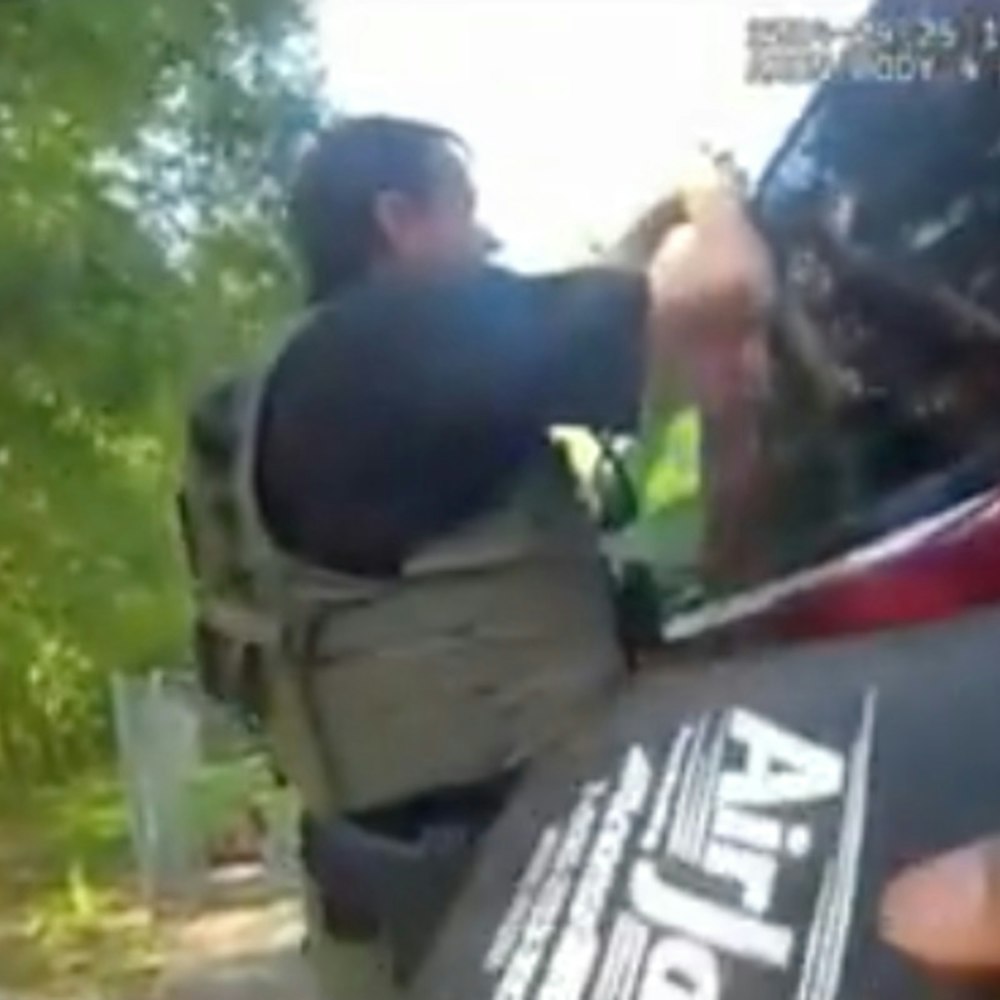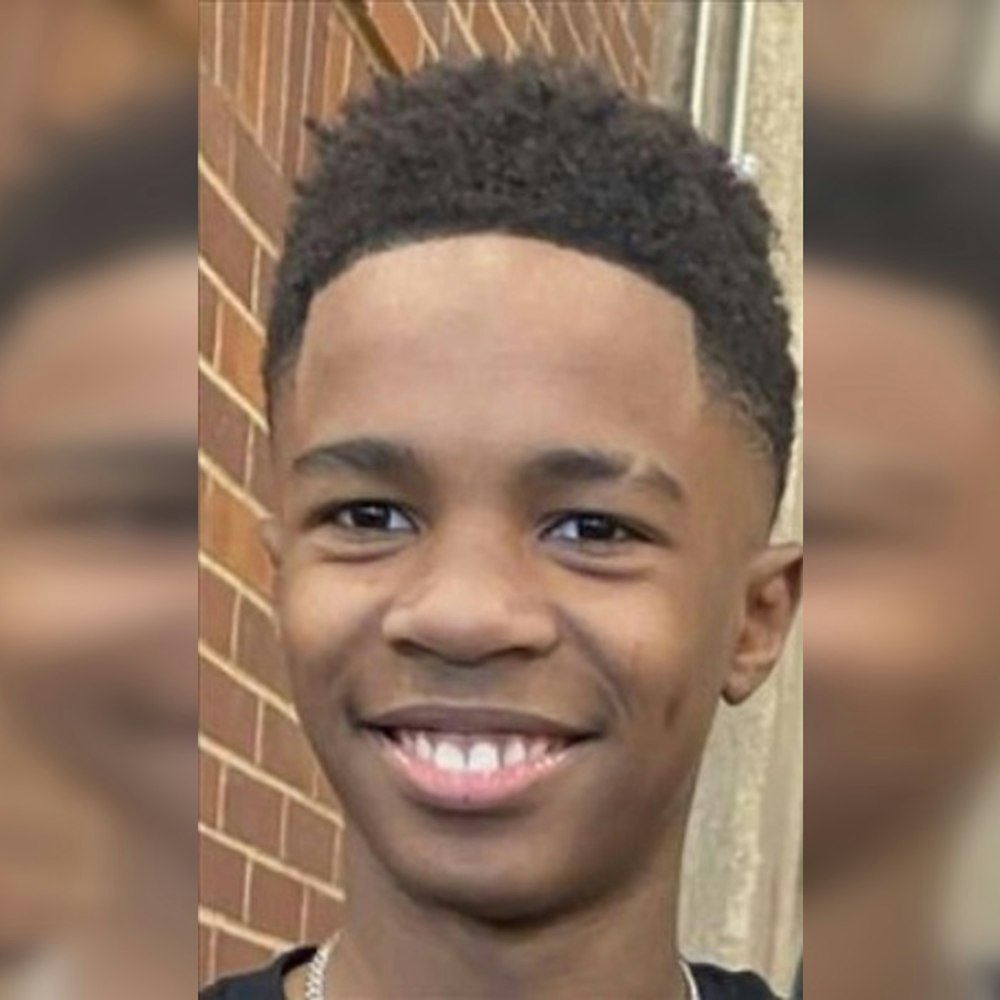
In a significant leap for medical imaging tech, MIT brains have dropped a game-changer called Tyche, an AI powerhouse that doesn't just spit out a one-and-done answer but instead serves up a platter of possible segmentations for pesky ambiguities on the medical scene. As the eggheads have shown, the usual AI suspects in medicine tend to have a one-track mind when it comes to reading images, which doesn't cut it when you've got something like a lung nodule playing hide-and-seek in a CT scam. "Having options can help in decision-making. Even just seeing that there is uncertainty in a medical image can influence someone’s decisions, so it is important to take this uncertainty into account," Marianne Rakic, the MIT whiz leading the charge, shared with MIT News.
The cool bit about Tyche is that it's spring-loaded with versatility. Clinicians can feed it a piece of their mind, specifying how many takes they want on a medical image – kind of like flipping through channels to get the best show. After flexing its AI muscles with different annotations, honing in on the stuff that may raise a red flag for diseases or anomalies, the tool spits out a set of possible segmentations, ready for the picking. "Ambiguity has been understudied. If your model completely misses a nodule that three experts say is there and two experts say is not, that is probably something you should pay attention to," tacked on senior author Adrian Dalca, both an assistant professor at Harvard Medical School and a hotshot research scientist at MIT's CSAIL, ensuring experts are humming the same tune.
Tyche doesn't need the laborious retraining boot camp that other models sweat through, making it a jack-of-all-trades in the image-segmenting arena. With just a few example images to learn from, it's ready to tackle various tasks right out of the box – we're talking brain MRIs, lung X-rays, the whole nine yards. Call it the Swiss Army knife of medical AI, as it promises to trim down workloads and potentially enhance the way diseases are eyeballed and tackled in the medical field.
When put to the test against datasets of annotated medical images, Tyche didn't just keep up with the human input; it raised the bar. Its predictions mimicked the diversity you'd expect from a round table of specialists, and it kicked the performance of other baseline models up a notch. Carving a niche in the fast lane, it toasted competitors with its speed – think of it as the hare that wins the race against the tortoises of the AI model world. The MIT squad, splicing together their brainpower, also has their sights set on jacking up Tyche even further, pondering what adding a sprinkle of text or a mix of image types will do to the concoction.
This nifty piece of tech could very well jimmy the locks to improve diagnoses or fuel biomedical breakthroughs. If history's any indicator, every time MIT drops a tech bomb like this, ripples are felt 'cross the pond. And with funding pumped in from the National Institutes of Health, and the Broad Institute of MIT and Harvard, Tyche's already sitting pretty on the starting block, ready to redefine the game of medical imaging.









